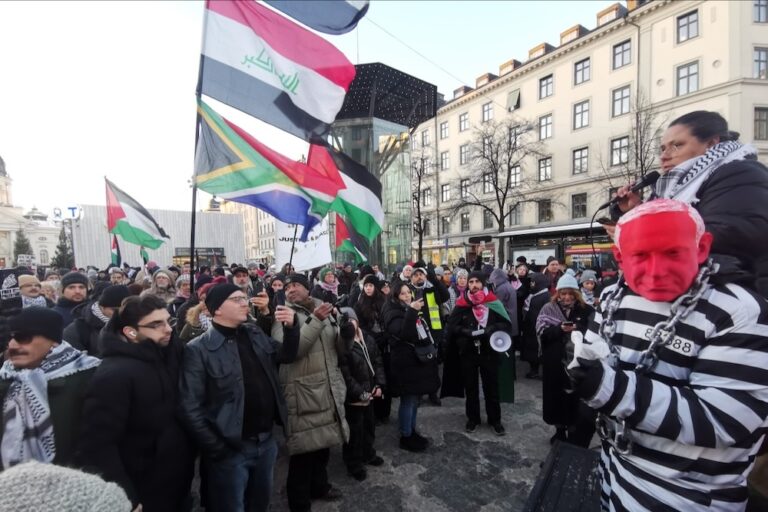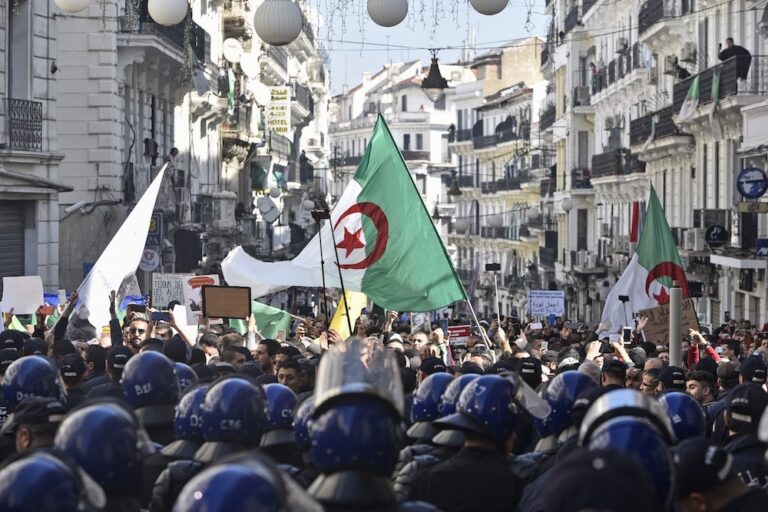"There is a growing understanding in the developed, democratic world that a lack of press freedom is not only an issue in developing and non-democratic countries but (. . .) needs to be defended in mature democratic nations as well," said WAN-IFRA.
(WAN-IFRA/IFEX) – Paris, France and Darmstadt, Germany, 3 May 2011 – The World Association of Newspapers and News Publishers (WAN-IFRA) and the World Editors Forum represented the global newspaper industry at far-flung commemorations of World Press Freedom Day on 3 May, participating in events in Washington, Istanbul and Windhoek, Namibia, where the annual event was born.
WEF President Erik Bjerager spoke at a Press Freedom Congress organised by the Freedom for Journalists Platform, a coalition of 93 media organisations in Turkey, where a recent spate of journalist jailings has raised concerns. Mr Bjerager spoke of new threats to the press in Europe, and of the essential role that freedom of expression plays in society.
“Freedom of expression is freedom to criticize, to disagree, to raise doubt and to question. This does not weaken a nation, it makes a nation stronger,” he told the Istanbul gathering. “Therefore journalists should not be harassed, detained, imprisoned or murdered. They should be thanked for their criticism, their disagreement, their doubts and their questions.”
In Washington, D.C., the annual World Press Freedom Day conference organised by the United Nations Educational, Scientific and Cultural Organisation (UNESCO) focused on the impact of digital media on press freedom world-wide, and how the independent media’s essential role in democracy can be safeguarded.
“There is a growing understanding in the developed, democratic world that a lack of press freedom is not only an issue in developing and non-democratic countries but, due to economic and technological realities, needs to be defended in mature democratic nations as well,” said Larry Kilman, Deputy CEO of WAN-IFRA and Executive Director of Communications and Public Affairs. “I believe we’re talking about nothing less than this when we talk about the future of newspapers in the digital age.”
WAN-IFRA also partnered with the Media Institute of Southern Africa, UNESCO and the Government of Namibia in a conference marking the 20th anniversary of the Declaration of Windhoek, a statement of principles calling for a free, independent and pluralistic media throughout the world.
The conference in the Namibian capital included a session on the Declaration of Table Mountain, adopted by WAN-IFRA and the World Editors Forum in South Africa in 2007, that appeals to all Africans to recognise that political and economic progress flourishes in a climate where the press is free and independent of governmental, political or economic control. More on the Declaration, which also calls for the repeal of insult and criminal defamation laws, can be found at http://www.declarationoftablemountain.org
Thousands of newspapers rely on WAN-IFRA and WEF to help commemorate World Press Freedom Day on 3 May each year. The organisations produce editorial and advertising materials that they make available to newspapers world-wide for publication on 3 May. Thousands of newspapers used them this year; the materials can be found at http://www.worldpressfreedomday.org


